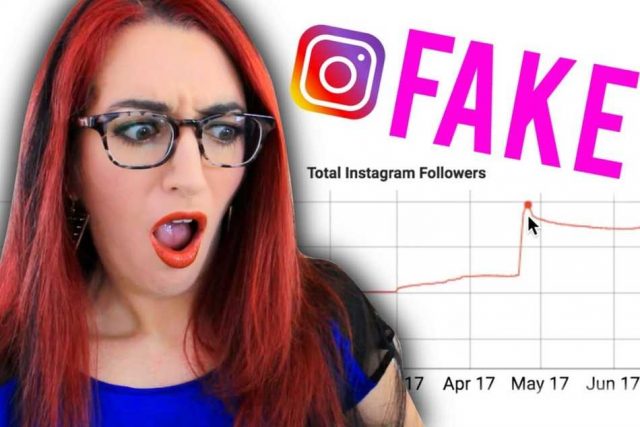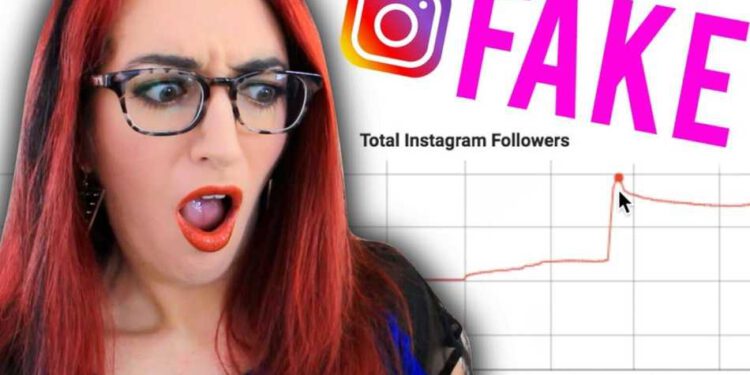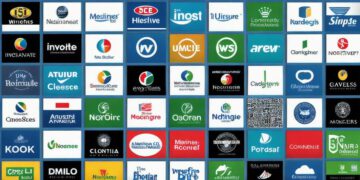
Influencers have given a lot to talk about the last couple of years, both for good and for bad. The hobby became a profession, and one that many dream of practicing.
The problem, still unresolved, is that there are a lot of “fake” influencers (due to their phantom audiences). Such is the situation that there are even brands that have declared war on them, such as Unilever, a company that aspires that the influencers they work with do not exceed 2% of fake followers, a goal quite far from the current 23% that they manage with their Dove brand, and even that of the industry average, which is 14%.
And it seems that many people identified in this new trade / profession a -great- opportunity to feel important and socially recognized, something that all their lives they admired from the celebrities of television, cinema and magazines. Social media can change everything, even the regular conduit to becoming “relevant” to a group of people. This opened the doors to “fame” for ordinary people, like you or me, in a much easier and more comfortable way, even from the comfort of home.
To be honest, who wouldn’t like to be invited to one of those exclusive events, or receive a beautiful gift from your favorite brand? Tempting offer that many people have accepted, deciding to undertake to become “Influencers”.
The barriers to entry seem to be very low, almost zero! Creating an account on a social platform is easy and free. Taking quality photos is literally at our fingertips. Identifying the contents that are trending is also easy, and to be honest, many replicate them (not everyone has the creativity to “prime of their skin”). In less than a month, you can manage to have a beautiful account, pretending to have a life that you may not have, photoshopping yourself to brag about having been to incredible places, and even renting a jet to take celebrity photos is also possible.
We only have to fine-tune one small -big-detail and we are ready to start sending the Media Kit to agencies and brands: The followers. Easy! If you are dishonest and don’t mind stealing, buying followers costs a few dollars and you will have an account with a surprising number of…?but an empty number. Buying followers to pretend to be important in the social circle is rare. Calling yourself an Influencer with the backing of an empty number seems serious to me. But accepting or asking for products, services or experiences with the chutzpah of presenting yourself as an Influencer, knowing that it is a lie, is STEALING. It is a crime that I hope will be convicted in the near future, just like the sale of followers.
Is the situation so serious? I think so, and the numbers back me up.
The estimated losses are 200 million dollars (in just one year), an important figure, yes. But I’m worried about something else. What happens to the loss of trust in Agencies due to the lack of results obtained in digital strategies and the loss of trust in people who really have the ability to influence others? They not only steal money, products or services, but also trust.
But to close without a bitter taste in the mouth, let’s stay positive. I think learning experimentally is very valuable. Education and the consumption of quality information are the necessary tools to begin, little by little, to attack evil from the root.
I invite you to investigate the influencers with whom you work, there is a lot of information available on the subject, and numerous platforms that allow you to analyze the accounts of potential influencers with whom you plan to work. Because there are true influencers (I prefer to call them opinion leaders), and I 100% recommend working with them.
And in case you haven’t already, I recommend practicing an analysis exercise: ask yourself what an influencer is for you, what similar characteristics those people you follow have, what stand out from the influencers you follow and what causes you noise. You will be able to generate great conclusions.








